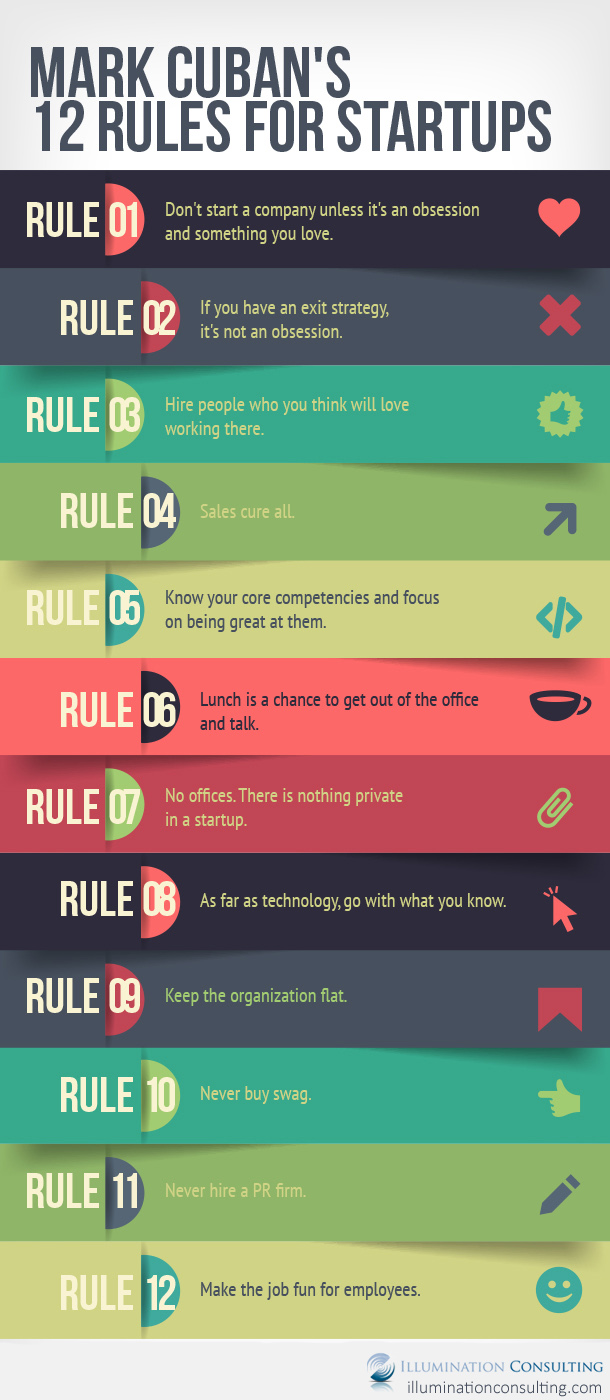Showing signs of improvement over weak August numbers that had the state losing an estimated 5,000 jobs, Massachusetts employers reported on Thursday they had added 9,400 jobs in September. The data came from the monthly jobs survey conducted by the Executive Office of Labor and Workforce Development (EOWLD). Still, the Bay State’s unemployment rate actually rose to 6 percent, up from 5.8 percent in August, slightly above the national rate of 5.9 percent.
How can the unemployment rate climb when the economy is adding jobs? The answer is simple: More people are looking for work.
According to the survey, the Commonwealth’s workforce grew by about 14,600 people in September. This simply means that more people said they were actively participating in the job market than had previously been the case.
The “Market Basket” Effect
Separately, the U.S. Bureau of Labor Statistics said September’s job growth was fueled by 10,700 new jobs in the trade, transportation and utilities sector. One reason cited for that sector’s rebound, was the resolution of a work slowdown and boycott at the Market Basket supermarket chain where ownership troubles resulted in “temporary disruptions in the retail trade.” The situation there stabilized in September after Arthur T. Demoulas won control of the company.
Demoulas, who inspired an employee revolt after he was ousted as the company’s CEO by family members who collectively controlled a majority interest in the chain, agreed, along with his sisters, to purchase the company from them outright.
Mixed Bag
The job results were less robust in other sectors of the economy. The Federal Reserve Bank of Boston on Wednesday reported what it described as a “mixed picture” in the region’s job picture, with manufacturing appearing weaker while business consulting and advertising services showed strength.
While the information sector added 1,900 jobs, the leisure and hospitality sector added 1,000 and the professional, scientific and business services sector added 800, the education and health services sector lost 4,800 jobs in September, and manufacturing was down by 700 jobs.
What Does This Mean?
While Massachusetts has historically enjoyed a lower unemployment rate than that of the nation at large, this was not the case last month. In fact, this gap has been steadily narrowing for months. What led to this reversal? Either the state’s economy is stagnant and the unemployment rate is steadily ticking up due solely to an increase in population – OR – the economy is improving to the point where those who had previously been discouraged enough to withdraw from the job market are now re-entering in numbers large enough to skew the results.
The real answer surely lies somewhere in the middle.





